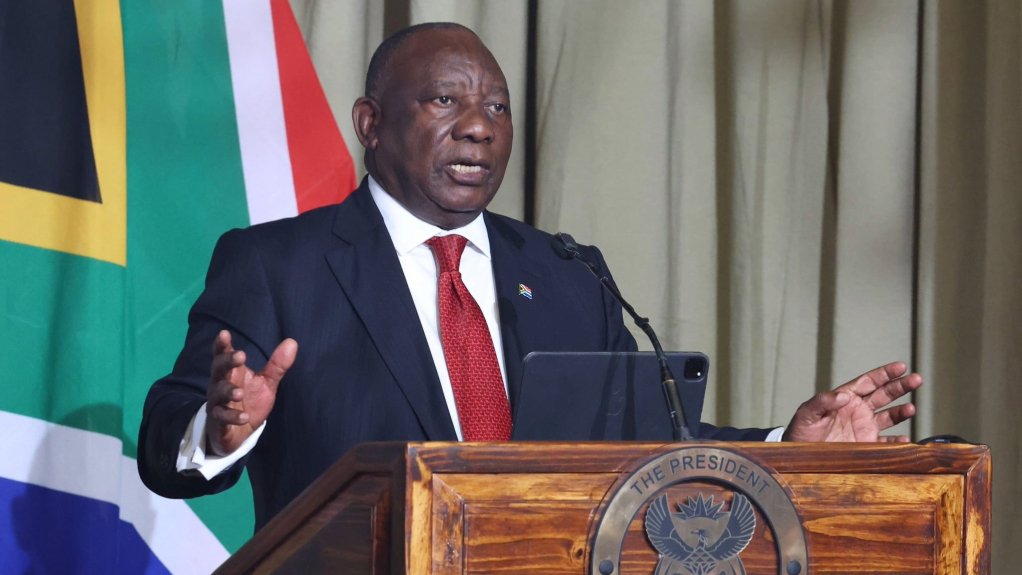News
Ramaphosa Urges South Africans to Heal by Confronting Apartheid’s Painful Legacy

President Cyril Ramaphosa has called on South Africans to engage honestly with the country’s apartheid past as a vital step toward achieving true national unity, healing, and democratic strength.
Writing in his weekly “From the Desk of the President” letter, Ramaphosa described this process as both “difficult and delicate,” but necessary if the nation is to move forward with a shared sense of justice and dignity.
“Dealing with the memory of past atrocities is one of the most difficult and delicate tasks a nation can undertake. This can be a cathartic process, but it is vital if a country is committed to enhancing national healing, cohesion and unity,” said Ramaphosa.
His comments followed the recent reburial of anti-apartheid hero Advocate Duma Nokwe, who died in exile in 1978. Nokwe, a former ANC Secretary-General and the first black advocate admitted to the Johannesburg Bar, was one of 42 liberation fighters whose remains were returned to South Africa from Zambia and Zimbabwe last year.
To honour his contribution, Nokwe was posthumously conferred the status of senior counsel, a symbolic gesture of legal and national recognition.
Restoring Dignity and Truth
Ramaphosa acknowledged that many families continue to suffer from the unresolved trauma of apartheid—particularly those whose loved ones disappeared in exile or died under mysterious circumstances during the struggle.
“We remain equally committed to restoring the dignity of apartheid’s countless victims and to bringing closure to their families,” he said.
While the Truth and Reconciliation Commission (TRC) laid the groundwork for uncovering apartheid-era crimes, Ramaphosa criticised the lack of full disclosure from many individuals implicated in state violence.
“Many apartheid-era security officials either refused to appear before the TRC or did not fully disclose their actions. Others resorted to delaying tactics and obstruction to evade trial,” he said.
To address this unfinished chapter of justice, Ramaphosa announced the formation of a judicial commission of inquiry to probe allegations of political interference in the prosecution of apartheid crimes.
Repatriating South African Heritage
Ramaphosa also touched on broader efforts to reclaim South Africa’s human and cultural heritage, referencing the return of Sara Baartman’s remains in 2002 and those of Klaas and Trooi in 2012.
He said these acts are being guided by legal frameworks such as the National Heritage Resources Act and the draft National Policy on the Repatriation and Restitution of Human Remains and Heritage Objects.
“The Department of Sport, Arts and Culture, along with other government institutions, continues to engage with several countries to facilitate the return of human remains and heritage items,” he said.
Why This Matters for Business and Democracy
The President’s message comes at a time when South Africa continues to grapple with inequality and social fragmentation—issues that stem in large part from the structural legacy of apartheid.
By confronting these truths, Ramaphosa argues, South Africa can build a more resilient, inclusive, and unified society, which also supports a more stable and fair economy.
“We have advanced policies of restitution and redress to both acknowledge and correct the historical injustice of apartheid,” he said. “As a country, we have had to contend with our past in the interests of social cohesion and nation-building.”
{Source: IOL}
Follow Joburg ETC on Facebook, Twitter , TikTok and Instagram
For more News in Johannesburg, visit joburgetc.com



























